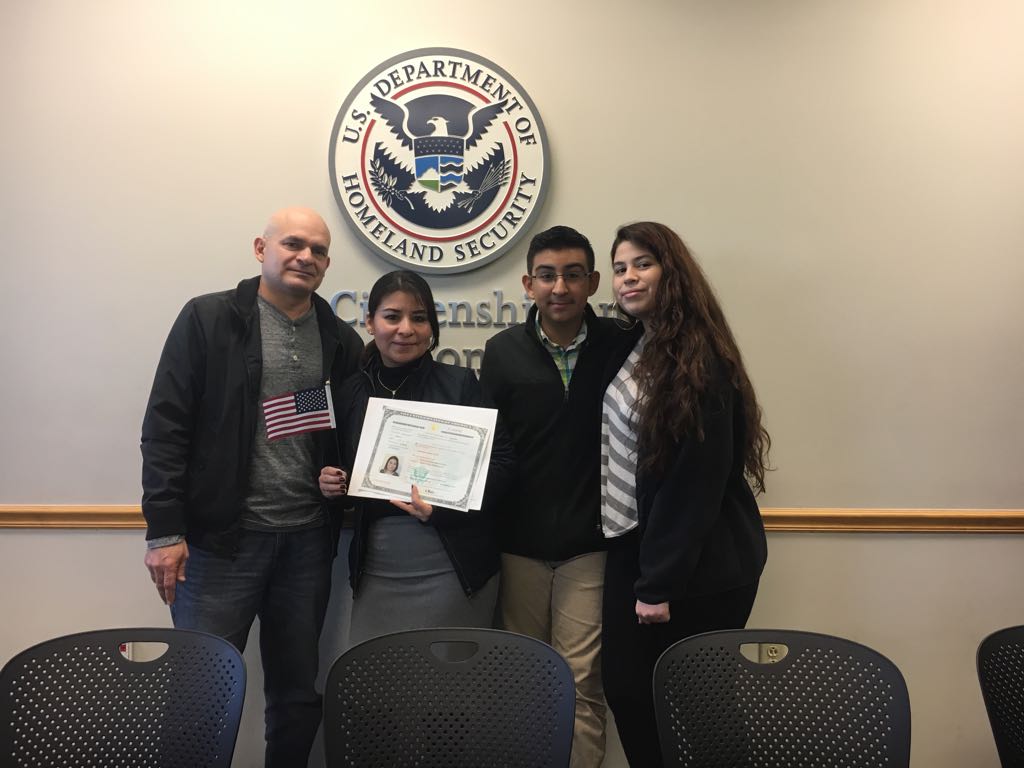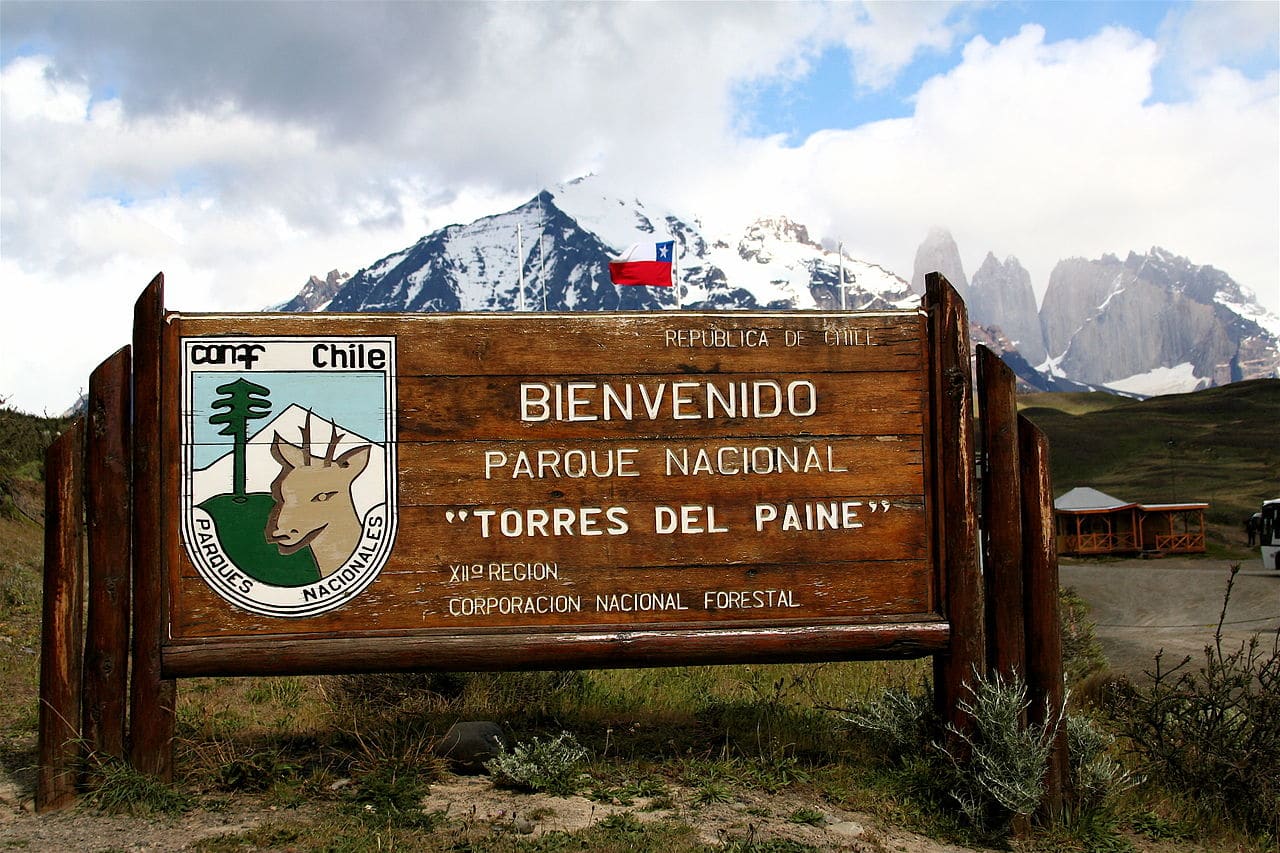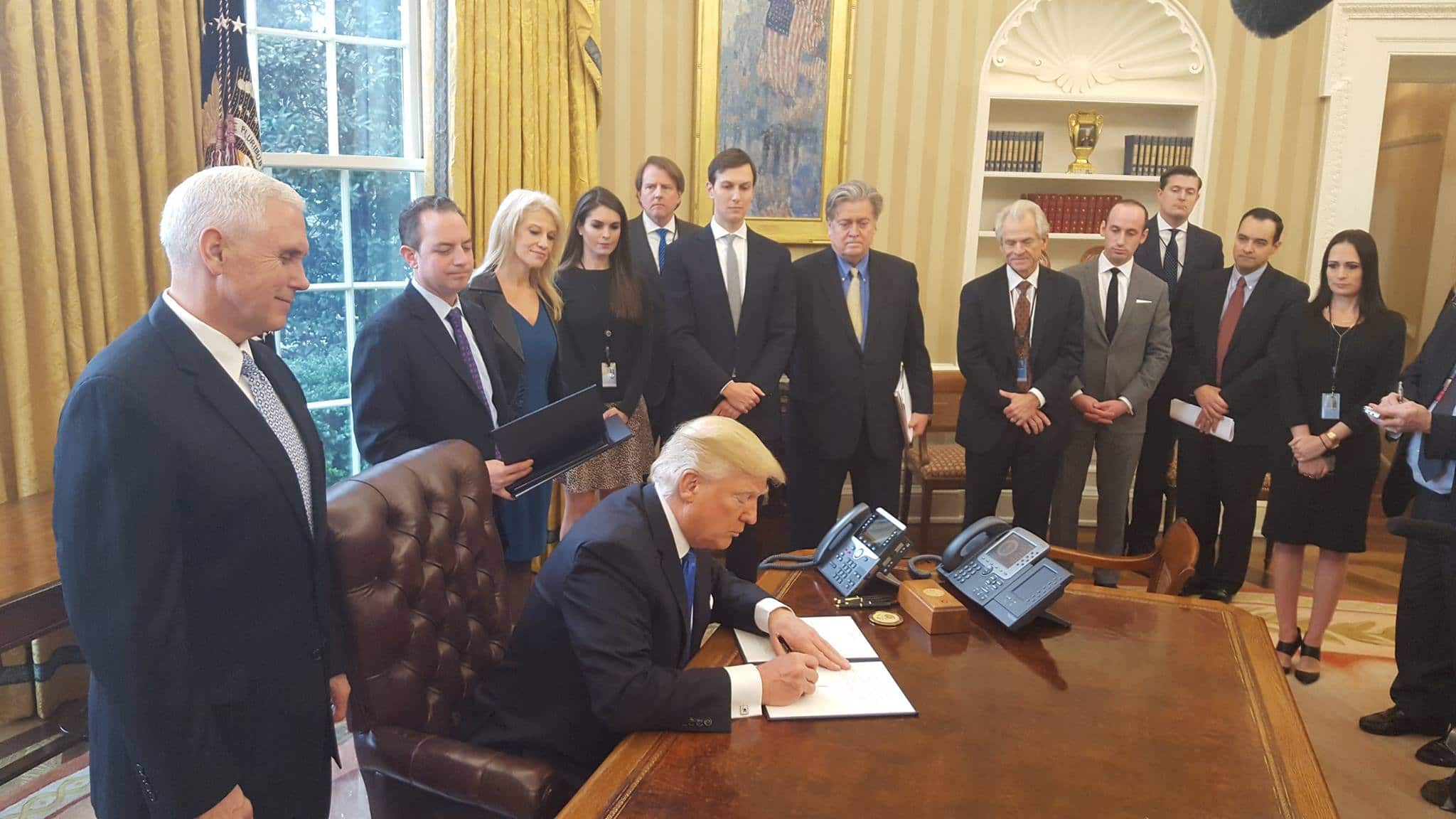By: Lauren Kane,
International News Editor–
Violence toward Americans has erupted these past weeks in the Middle East, starting with the September 11th attacks on the United States embassy in Libya. The attacks were sparked by the release of a film made by an American. The film features an actor playing the prophet Muhammad, something that goes against the Islamic religion. Not only does this film portray an image of the Muhammad, but it also depicts him in a very negative light.
The violence in the Middle East has not stopped Salve Regina students from studying abroad. Three students from Salve are planning on going abroad to the Middle East next spring, and three have already been away at various times during the past year. Students are aware of the danger, but their passion to go abroad trumps any doubts they may have.
“Instability in the Middle East did factor into my decision” said Maeve Herrick, a junior going to Israel for the spring semester of 2013. She is not daunted by the potential threat.
“Studying there will deepen my understanding of the history of the area. Being able to live and take classes in a country I have only read or heard about will be amazing.” said Herrick.
Though the tragedy of losing Americans to the violence abroad should not be undermined, the public should not group all Islamic states into the same category of violence and terror. Students going abroad have that open mindset and understand that generalizations should not be made about the Middle East.
“I think that people have a huge misconception of the Middle East and they think that entire region of the world is in a war-torn state but with regard to Qatar, those sentiments are just not true.” said Katharine Hanavan, a senior who spent the spring semester of 2012 in Qatar.
While abroad in the Middle East, Hanavan experienced no feelings of anti-Americanism from those in Qatar.
“When I was in class among girls primarily from that area of the world, I sensed no hostility toward me or my country and I felt as though everybody was accepting of me and America in general.” said Hanavan.
Dr. Sean O’Callaghan, Assistant Professor in the Religious and Theological Studies Department, agreed that understanding the tumult in the Middle East will not come from generalizations and close-mindedness.
“The Muslim world is a diverse world. A Muslim in Mongolia will be different than a Muslim in Cairo.” said O’Callaghan, also making reference to the point that not all facets of Christianity, or any religion, are the same.
O’Callaghan believes that the violent protests in the Middle East are the result of an agenda-driven manipulation rather than a religion-driven reaction.
“I don’t think it’s a religious reaction, it’s a cultural reaction, and I think for many organizations it’s a way of garnering support.” said O’Callaghan.
Applying a generalization of beliefs to a group is what brought about the violence. An individual American created the film depicting Muhammad. Any relation to or agreement with the film has been completely rejected by the White House.














